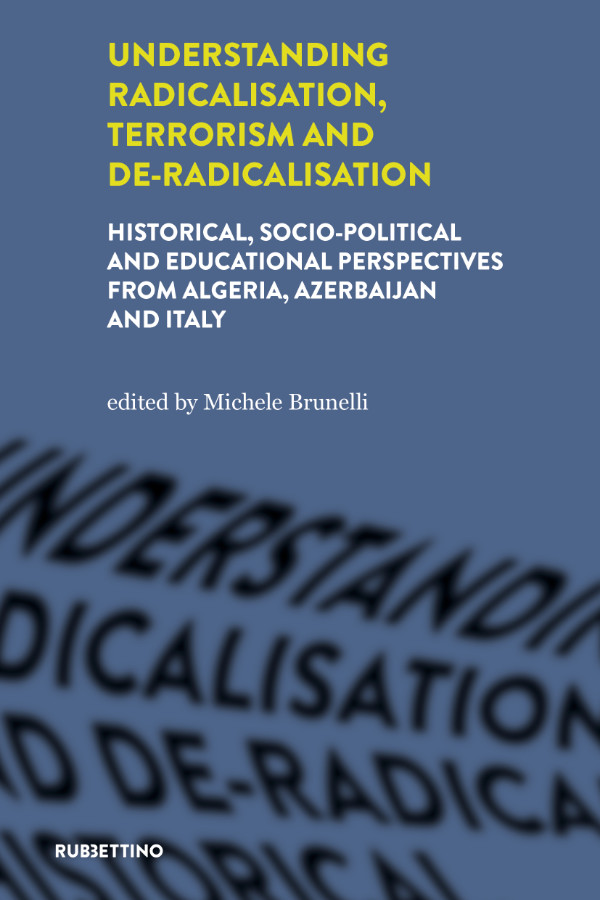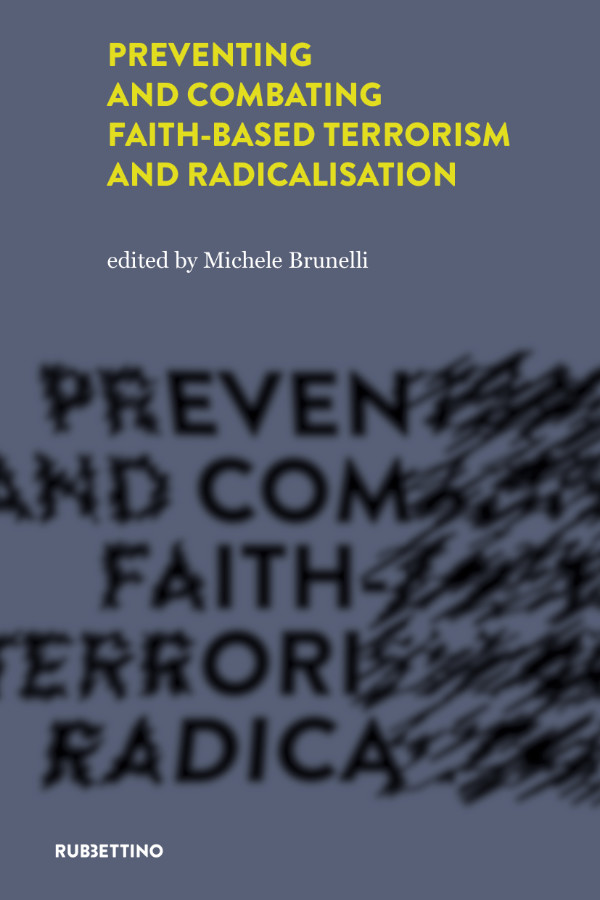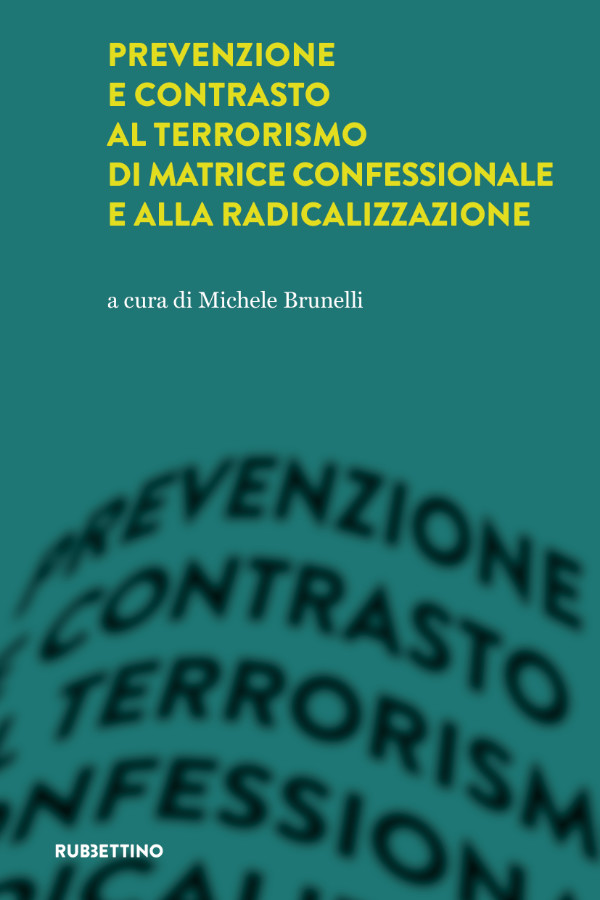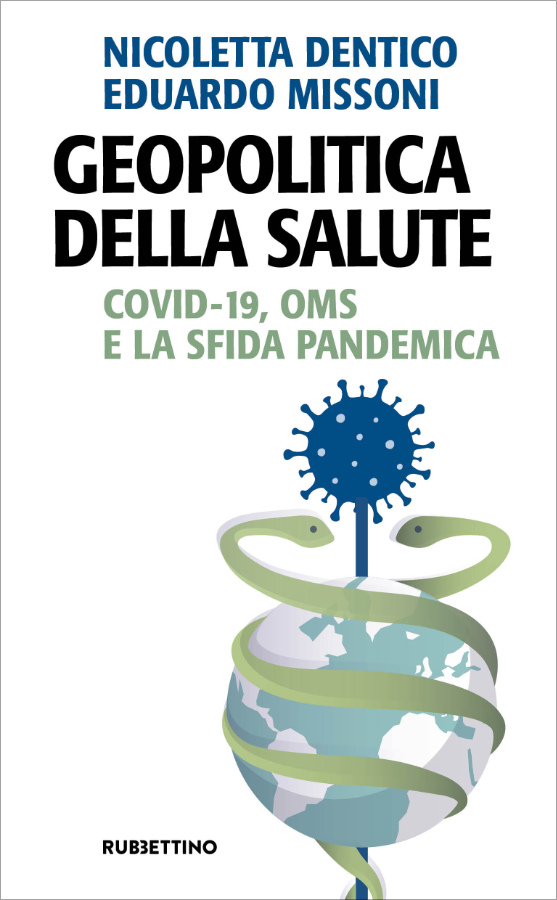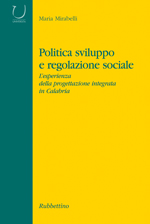Understanding radicalisation, terrorism and de-radicalisation
Historical, socio-political and educational perspectives from Algeria, Azerbaijan and Italy
a cura di Michele Brunelli
Cartaceo
€15,20 €16,00
This volume addresses in various ways the four central categories of question that determine our understanding of terrorism: definition, causation, consequences and response. It therefore addresses unquestionably major subjects. It also does so with
This volume addresses in various ways the four central categories of question that determine our understanding of terrorism: definition, causation, consequences and response. It therefore addresses unquestionably major subjects. It also does so with a sharp eye to the wider phenomena to which radicalization, terrorism, counter-terrorism and de-radicalization are related, including gender, ethnicity, religion, complex historical inheritances, migration, education, economics and societal resilience. So the arguments in the book evince an appropriate sense of the analytical complexity and interwovenness that are required and declined according to the experiences in fighting against terrorism and radicalisation of experts of three different countries: Italy, a traditional Christian society, Azerbaijan, a Shia but secular society, and Algeria, a Sunni society.
Indice
Preface di Richard English
Chapter 1
Minorities, radicalisation and identity cleavages
1.1 Ethnic minorities and radicalisation in the Caucasus area
Lala Jumayeva
1.2 Identity and freedom of expression as factors of extremism in Algeria
Naouel Abdellatif Mami
1.3 Are migratory phenomena a fertile ground for radicalisation? A glimpse into the Italian experience
Šeila Muhić
Chapter 2
Exploring patterns of women radicalisation: women as victims and women as actors of terrorism
2.1 Women and children as victims of radicalisation in Azerbaijan: the case of ISIS
Anar Valiyev
2.2 Women during the Black Decade in Algeria and their role in building resilience
Naouel Abdellatif Mami
2.3 Women’s response to extremist violence: a European perspective on the paths towards radicalisation
Emilija Davidovic
Chapter 3
Political-Religious Radicalisation in Azerbaijan After the Collapse of the Ussr Anar Valiyev
Chapter 4
Conceptualizing terrorism
4.1 Analysis of the jihadist threat in Algeria: the transnationalisation of local terrorism
Ilas Touazi
4.2 The development of terrorist crimes in Italy
Michele Brunelli
4.3 Conceptualising Terrorism: the Case of the Caucasus Region
Aydan Ismayilova
Chapter 5
Terrorism and critical infrastructures. Critical infrastructures as objective of terrorist attacks: analysis of potential threats
5.1. Terrorist threats to critical energy infrastructure in Azerbaijan and its protection
Inara Yagubova
5.2 The Economic Implications of Terrorism and Counterterrorism Policy: Evidence from Algeria
Nabil Benmoussa
5.3 European critical infrastructures: vulnerabilities and securitisation strategies
Fabio Indeo
Chapter 6
Terrorism funding: financing strategies and evolving developments Mario Leone Piccinni
Chapter 7
Counter-terrorism response
7.1 Algerian counter-terrorism strategies: from hard security measures to soft approaches
Ilas Touazi
7.2 Counter-terrorism and radicalism activities in Azerbaijan
Anar Valiyev
7.3 Counterterrorism in Italy: an evolving strategy
Stefano Bonino and Andrea Beccaro
Chapter 8
Educating the public about terrorism. How education is responding to terrorism as a contemporary issue. Examples, expectations and recommendations
8.1 Sectarian division and the prevention of violence in Azerbaijan
Anar Valiyev
8.2 Building the Nation: the new educational reforms to counter yerrorism in Algeria
Nabil Benmoussa
8.3 Countering violent extremism with education: programmes of civil society involvement within the European framework
Šeila Muhić
Chapter 9
After terrorism: reconciliation in Algeria
Karim Regouli
9.1 The path of national reconciliation in Algeria
